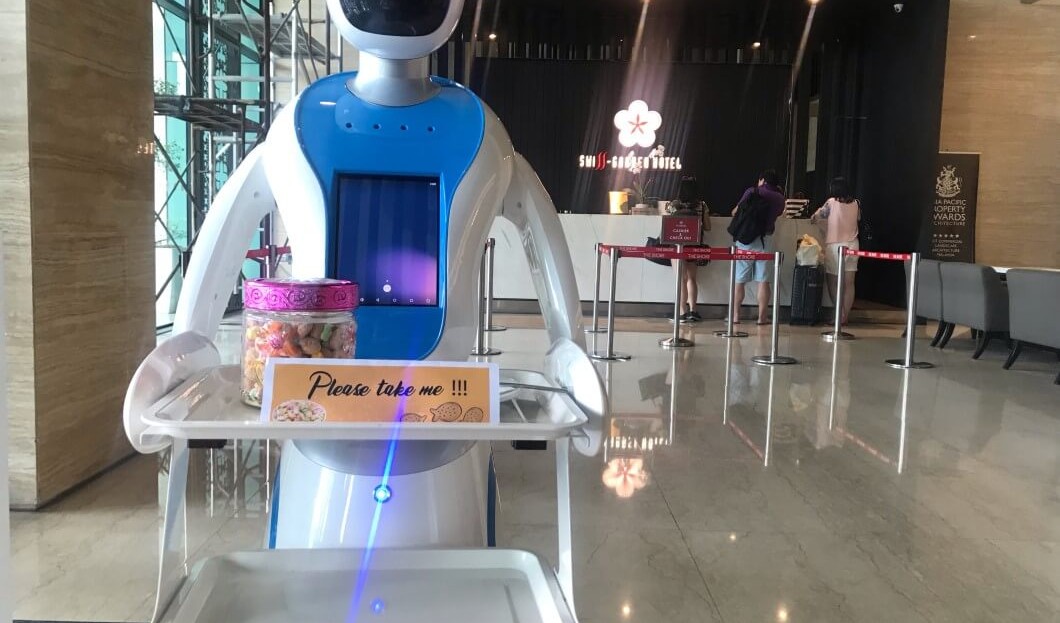The Spanish Hospitality Institute of Technology (ITH) has conducted a study on the feasibility of introducing robotics into certain hotel processes. Hoteliers value the ability of robots to capture data and automate processes, and to reduce turnaround times and costs, but in which areas of hotel business have robots have the greatest potential to improve efficiency?
We live in a world where machines and technology coexist with people, and the use of robotics and automation of many business processes can make companies more competitive due to the workload they take on, thereby reducing the workload of people.
94.7% of the hotels surveyed believe that efficiency will increase significantly if all processes are automated. The operational processes that hoteliers are most interested in are customer satisfaction, followed by sales conversion and finally control functions, especially related to the current constraints caused by the pandemic.
The greatest operational challenges are cleaning, restaurants and reception.
Thus, according to experts, the following areas have the greatest potential for robotization in hotels:
– Front desk: check-in and check-out processes, as well as satisfaction and service quality surveys are the main processes that need to be automated, although, according to some hoteliers, “as an aid, and not as a complete replacement for administrators.”
– There is a great potential for using robots in conducting surveys on guest satisfaction with the services provided, booking certain services in and outside the hotel, cross-selling and helping administrators while waiting for a client with the intention of avoiding queues or at least shortening waiting times.
– When cleaning, robots can not only clean floors, make beds or use artificial vision to check rooms, but also help transport shopping carts or laundry carts. Air purity and logistics of work organization are valued higher than disinfection and cleaning of hotel rooms.
– In the catering industry, robots can be expected in processes such as collecting payments and displaying menus. However, the hoteliers interviewed are wary of delegating to robots processes that involve the human qualities of a waiter, such as recommending, bringing extra plates from the kitchen, etc.
– At events and meetings, robotics can be useful for controlling capacity limits and maintaining safe distances, as well as for other measures such as using masks where required. Robots are also showing potential in registration and access control, as well as in collecting data from visitors and as information centers about events in each room, timetable, capacity, etc.
– In public areas, there is great interest in the implementation of robotics for access and bandwidth control and even the use of biometrics without underestimating their value as an information center and customer service, since robots can also be mobile and find many uses for the convenience of both the guest and the hotel staff …

